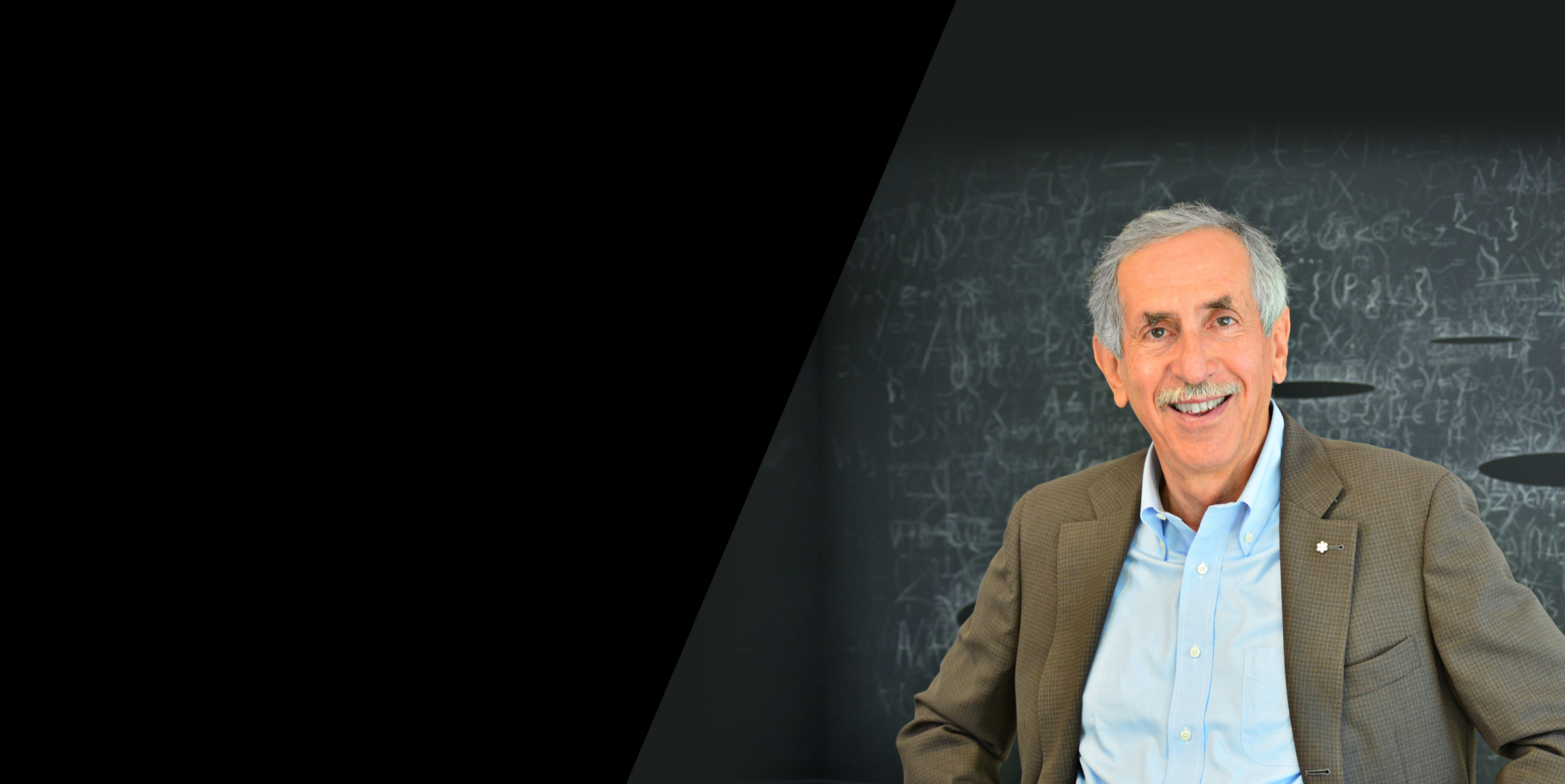By: Alan Bernstein
31 Oct, 2020

The world is going through a period of tumultuous change. The topics that dominated the news in the last six months of 2019 — wildfires in Australia, climate change rallies, pipeline protests in Canada, and political turmoil in the U.K. — all now seem distant. Those memories have been replaced by unprecedented social and economic upheaval in virtually every country on the planet.
During the COVID-19 pandemic, science and our trust in its results have become the beachhead in our battle against the virus; PCR tests, neutralizing antibodies, and RNA vaccines have become part of everyday conversations.
The pandemic has thrust science onto centre stage, and researchers from across every discipline — epidemiologists, social scientists, ethicists, virologists, clinical trialists, and drug developers — are addressing the questions and providing the tools needed to shape our successful response to the COVID-19 pandemic.
At the outset of this pandemic, we had to decide how CIFAR would respond.
We reinforced ties within our community of fellows by continuing regular meetings of our global research programs, adapting to the new constraints of virtual gatherings, and providing opportunities to connect researchers keen for deep, stimulating discussions.
But that wasn’t enough. As we reflected on our strengths, it became clear that our convening power and global community of extraordinary minds could support high-impact research with immediate relevance to the pandemic.
Right away, we convened important, high-level discussions on artificial intelligence in the pandemic and provided counsel to the Office of the Chief Science Advisor of Canada on new technologies such as contact-tracing apps. We launched a series of virtual talks showcasing the extraordinary research of our fellows and funded collaborative projects addressing social and laboratory aspects of the pandemic.
Nearly one-quarter of our global community of over 400 fellows, CIFAR Azrieli Global Scholars advisors, and Canada CIFAR AI Chairs also pivoted their research to address COVID-19. For example, Eran Elinav, a fellow in our Humans & the Microbiome program from the Weizmann Institute in Israel, is developing a new PCR-based diagnostic test for the virus; Marzyeh Ghassemi, a Canada CIFAR AI Chair at the University of Toronto and the Vector Institute, is using artificial intelligence to detect early signs of COVID-19 in lung scans; Allison Harell, a fellow in our Boundaries, Membership & Belonging program and a professor at l’Université du Québec à Montréal, is analyzing levels of fear, personal social distancing behaviour, norms around social distancing, and satisfaction with governments’ handling of the pandemic.
The list goes on.
CIFAR’s community of fellows is addressing these timely societal questions with the same intensity, excellence, and curiosity they use to address the long-term, complex questions that drive our research programs.
COVID-19 is shining a light on existing strengths and weaknesses in the fabric of our societies. Through all of this, one thing remains clear: CIFAR’s unique role as the global convenor of extraordinary minds addressing questions of importance to science and humanity is more important than ever.
Dr. Alan Bernstein
OC, OOnt, PhD, FRSC/MSRC
CIFAR President & CEO